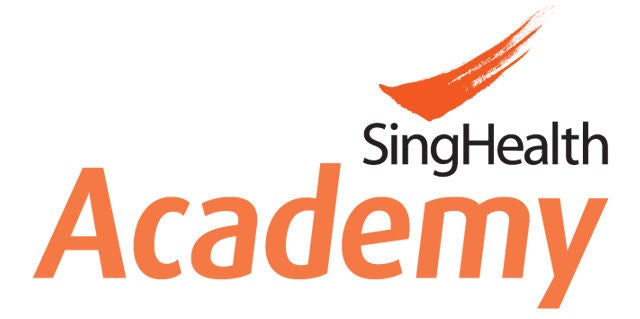SingHealth Academy will NEVER ask you to transfer money over a call. If in doubt, call the 24/7 ScamShield helpline at 1799, or visit the ScamShield website at www.scamshield.gov.sg.
Asst Prof Nicholas Francis Grigoropoulos

Senior Consultant, Department of Haematology
Singapore General Hospital
Assistant Professor
Duke-NUS Graduate Medical School
Panel Discussion
Emerging COVID-19 Hot Topic: Special Review for COVID-19
The COVID-19 pandemic is an unprecedented global challenge requiring intensive commitment of healthcare resources, public health interventions, private investment and geopolitical coordination. A central pillar to combatting the pandemic has been rapid research and development into diagnostic, therapeutic and prophylactic tools for COVID-19. This urgency has not meant that ethical standards for research should fall or be set aside, but rather that the processes for ethical review of research must be accelerated and streamlined to whatever extent feasible.
In this context, healthcare institutions in Singapore adapted existing ethics review structures to create a new domain-specific IRB specifically to review COVID-19 related studies in a rapid manner. This panel discussion will summarize this special review process, reflecting on what was achieved, challenges emerged along the way, and lessons for the future of ethics review – both for potential global health emergencies, as well as more routine biomedical research.
Stay Healthy With
© 2025 SingHealth Group. All Rights Reserved.
















